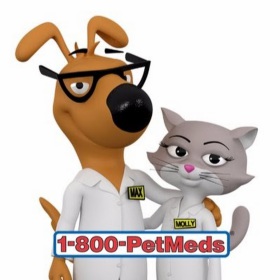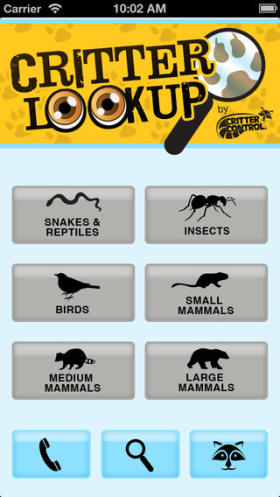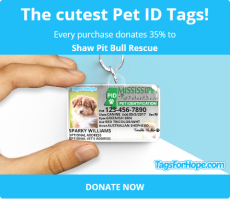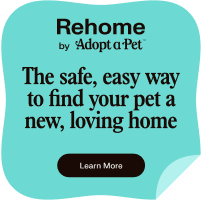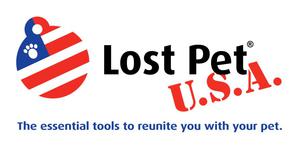Now That You've Adopted...
- Don’t panic if your new dog doesn’t eat for the first day or two – he (or she) is under a lot of stress and not eating is one response.
- Don’t panic if your new dog has diarrhea – this is the other common response to stress. If it seems severe, try feeding him or her some cooked white rice. You can mix in a little boiled chicken if you want. If it doesn’t get better in a day or so, call Shaw PBR or your vet.
- Let your new dog get comfortable with the family before bringing strangers into the house – this particularly applies to children. If your dog still seems uncertain of him (her) self and you are expecting company, you may want to crate or confine your dog when company arrives.
- Supervise children (your own and guests) when they are with the dog. Do not let your dog feel trapped by a group of children. Show children how to be gentle with an animal. See Adopters With Children
- Read up on how to use a dog crate. See Crate Training
- In the beginning, restrict the areas of the house to which your dog has access; you can always expand the area available to your pet, but it is more difficult to reduce it. See The First Few Weeks
- Even if your dog is already housebroken, you don’t know how he or she communicates that it’s time to go out; watch for clues such as pacing, whining, or standing at the door; develop rituals around going out so that your dog knows how to communicate with you. See Housebreaking for guidelines
- Make an appointment with your vet…even if your animal is totally up-to-date on everything. You will need to get your dog monthly heart worm preventive, and you should establish a relationship between you, your dog and a local vet. Take the health record you got with your adoption materials with you to your vet.
- DO NOT hit your dog – not even with a rolled up newspaper. See Obedience Training
- Feed your dog the highest quality of food you can afford. The better the diet, the healthier the dog, which can mean fewer vet visits.
- If your dog sounds like he or she is coughing and/or wheezing, your pet may have kennel cough and should visit the vet to be checked.
- Don’t wait for little problems to become major problems. See Unacceptable Behavior and/or Puppy Biting
SEE ALSO: The Adjustment Period




